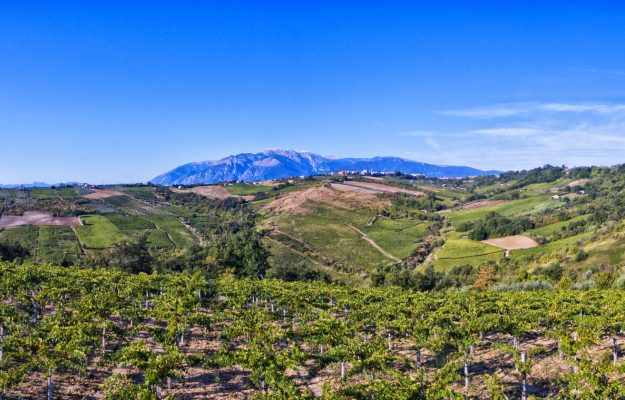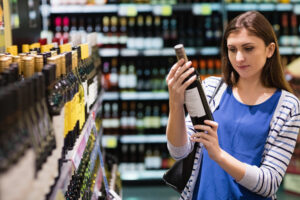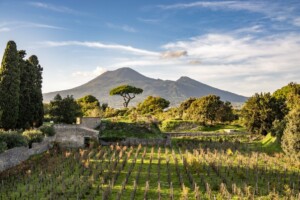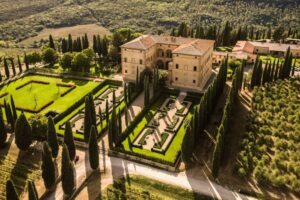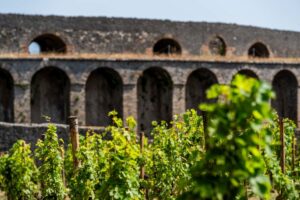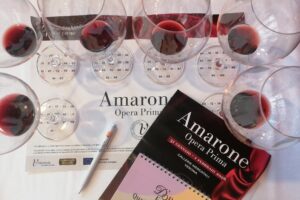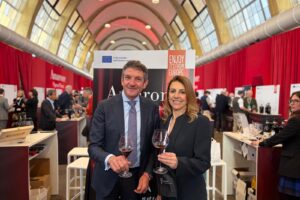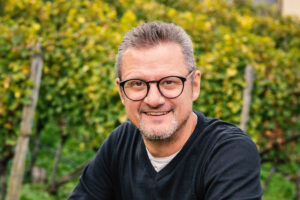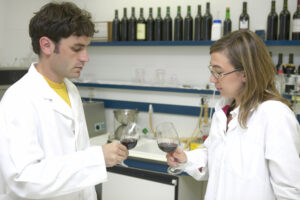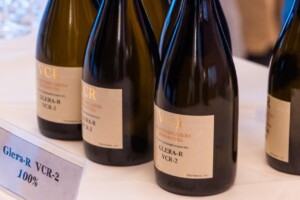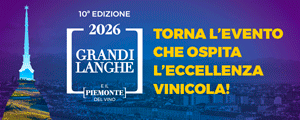To this day, the topic of “biodynamic” wines is the most contentious in the vast world of “natural” wines. For some the ideas of “Rudolf Steiner” applied to the vineyard have no value, for others, they are more than convincing, so much so that they make it a lifestyle, both productive and corporate. As told by the testimonies of the producers and cellars protagonists of “Vino: il Futuro è Biodinamico”, a focus signed by Demeter Italia, the most important certification body on the subject, at “Vinitaly 2023”. As Federica Camerani of the Corte Sant’Alda company in Mezzane di Sotto, who chose biodynamic viticulture “when it was not fashionable yet”, following the footsteps of her mother, Marinella, as explained in the moderated focus by the moderator journalist Frances Lucifer. The company was founded in 1986 with organic management and became the first Veronese company to be certified Demeter in 2010. According to the producer, biodynamic wine is undergoing qualitative growth, and those who produce it are not required to “justify” themselves on apparent flaws, which are increasingly valued by consumers who share this philosophy.
Another experience in the limelight is that of Patrick Uccelli, winegrower, and oenologist of the Dornach farm in Salorno, who inherited the cellar when he was very young and - after studying Steiner and his philosophical writings - decided to convert it to biodynamics, with a clear objective: taking care of the soil system to give life to plants and, consequently, produce healthy food: “the quality of our thinking is influenced by the food we eat. The future of biodynamics? To be the vehicle of a product with social, environmental and agricultural contents” he declared.
Camillo Zulli, technical director of Cantina Orsogna, a community of over 300 winemakers in the green heart of Abruzzo on the Maiella slopes, also contributed. Zulli believes it is critical to communicate the work that goes into biodynamics in order to reduce energy consumption and waste in the cellar. Over 700 hectares of vineyards have been planted using this method, with Demeter-certified wines fermented at low temperatures and without the use of sulfites for the most natural result possible. Among the existing projects is the recovery of pomace in order to compost it and return it to the ground.
Sales of biodynamic wines? They are a niche, of course, but it is growing, thanks to a more aware consumer, as told by Alberto Farinasso, responsible coordinator for Velier SpA, a wine and spirits import company founded in Genoa by Luca Gargano according to the manifesto of the “Triple A - farmers, artisans and artists”. Farinasso underlines how the sale of biodynamic products is growing, thanks to a more aware consumer. “Even though the movement was founded nearly 100 years ago, it is extremely modern because it can help fight climate change and properly feed plants, animals, and humans in the future. In this process, school-based training can play a critical role in communicating the values of health and sustainability” said Farinasso. “Biodynamic wines are not just a brief market trend, but they are capable of conveying emotions, thanks to their sensory richness and the commitment of those who produce them. Today, the association devotes an entire lesson to this type of proposal during its courses, owing to growing member interest”, added Raffaele Fischetti, one of the authors of “Bibenda” (of the Fis- Fondazione Italiana Sommelier) and president of the Fondazione Italiana Sommelier of Trentino-Alto Adige.
The future of biodynamic wine, therefore, according to its supporters, is bright: even if production still remains a challenge, the market’s demand for healthy products is growing, which is good for the environment and nature and this can only encourage producers and all operators in the supply chain, up to communicators to do more and better.
Copyright © 2000/2026
Contatti: info@winenews.it
Seguici anche su Twitter: @WineNewsIt
Seguici anche su Facebook: @winenewsit
Questo articolo è tratto dall'archivio di WineNews - Tutti i diritti riservati - Copyright © 2000/2026










